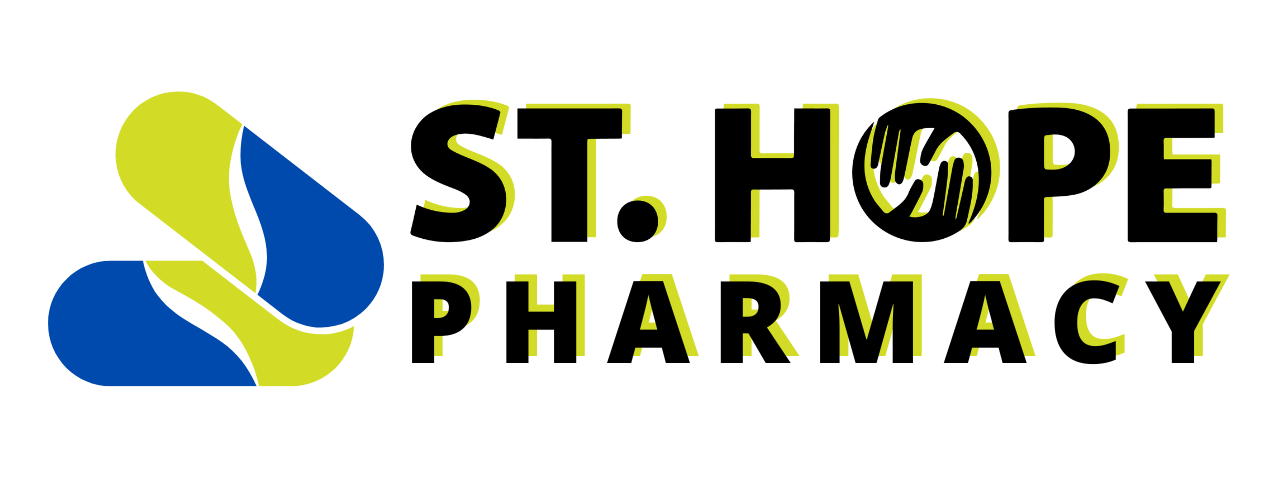Clinical Trials and Human Subject Protection

Clinical trials serve as the backbone of medical progress, providing valuable data that enables researchers to develop new drugs, therapies and medical devices. Because human participants at the core of these studies, these trials must prioritize safety, ethical standards and data reliability.
The FDA’s Good Clinical Practice (GCP) Program provides a structured framework for clinical trials to uphold these standards. However, challenges continue to arise, especially in FDA-regulated research, where balancing scientific rigor with human subject protection is complex.
The Good Clinical Practice (GCP) Program
The Good Clinical Practice Program is a set of international ethical and scientific quality standards. These standards are meant to protect the rights, safety and well-being of trial participants, while ensuring the reliability of data generated in clinical studies. In the United States, GCP guidelines are regulated by the FDA and enforced in trials that test investigational drugs, biological products and medical devices.
By adhering to GCP standards, researchers demonstrate a commitment to high ethical standards and accurate, trustworthy data. GCP encompasses every aspect of clinical trial conduct, from study design and protocol development to data collection and reporting. The program establishes safeguards to prevent unethical practices, such as undue influence on participants, lack of informed consent and data falsification.
Key Components of Good Clinical Practice
The GCP Program has several foundational elements aimed at protecting human subjects and data integrity. Some of these components include:
- Informed Consent: GCP mandates that participants are fully informed about the nature, risks and potential benefits of the clinical trial before they consent to participate.
- Institutional Review Board (IRB) Oversight: IRBs play a crucial role in overseeing clinical trials to make sure they are conducted ethically. The IRB is an independent body that reviews and approves study protocols.
- Risk-Benefit Assessment: Researchers must demonstrate that a clinical trial’s potential benefits outweigh the risks to participants. The risk-benefit assessment is continuously monitored throughout the trial to prevent undue harm to participants.
- Data Integrity and Monitoring: GCP standards require accurate data collection and thorough documentation throughout the trial process.
- Participant Confidentiality: Protecting the privacy of participants is a core principle in clinical research. GCP guidelines emphasize strict protocols for data security to prevent unauthorized access to participants’ personal information.
Human Subject Protection in FDA-Regulated Trials
The primary purpose of human subject protection is to protect participants' rights, safety and welfare. In FDA-regulated trials, several government-mandated measures safeguard participants:
- Voluntary Participation:
Participants must be able to freely decide whether to take part in a trial, with no coercion or undue pressure from researchers. The informed consent process requires that participants understand their right to withdraw from the study at any time.
- Safety Monitoring: Safety is prioritized throughout a clinical trial, with researchers continuously monitoring participants’ well-being. Adverse events are documented and reported if risks escalate.
- Compliance with Ethical Standards: FDA-regulated trials are required to follow strict ethical guidelines to prevent exploitation or harm. The IRB provides an essential check and balance so that trials remain ethical from beginning to end.
Common Challenges in FDA-Regulated Human Research Trials
Despite these protections, conducting clinical trials with human subjects presents a host of challenges. Some of the most prevalent issues include:
- Complexity in Informed Consent: Informed consent is a cornerstone of ethical research, yet it can be difficult for participants to fully understand trial risks, especially in cases of complex medical terminology or when ideal trial participants have cognitive issues. Researchers often face challenges in simplifying consent forms without oversimplifying risks, which can compromise true informed consent.
- Recruitment of Vulnerable Populations: Vulnerable populations, such as economically disadvantaged individuals, may feel pressured to join clinical trials due to financial incentives. Ethical concerns arise when participants join studies out of financial necessity rather than informed choice. Trials involving these groups must carefully avoid exploitation by ensuring that risks are minimal and clearly communicated.
- Data Integrity and Trial Transparency: The vast amount of data generated in clinical trials requires meticulous documentation to maintain accuracy. Instances of data manipulation or omissions can compromise trial validity, undermining trust in the research findings. The FDA conducts inspections to verify data accuracy, but the sheer volume of data can make complete oversight challenging.
- Retention and Dropout Rates: Ensuring participants remain in the study is essential for data completeness. However, long-term trials often struggle with high dropout rates, leading to gaps in data and reduced statistical reliability. Retention strategies, such as regular communication and clear scheduling, are critical to maintaining participant engagement throughout a study.
- Ethical Issues in Placebo-Controlled Trials: In some trials, a placebo is used to evaluate treatment efficacy. However, ethical concerns arise when a placebo may prevent a participant from receiving potentially beneficial or even life-saving treatment. While placebo trials are scientifically valuable, they must be designed carefully to avoid unnecessary risk to participants.
Get FDA-Approved Medications, Devices and Prescription Drugs in Houston, TX
At St. Hope Pharmacy, we prioritize the safety and support of St. Hope Healthcare patients and all Houston residents who require the assistance of pharmacists. Our team is committed to educating every person who uses our pharmacy about their medications and medical device choices.
Connect with us to switch your prescriptions to a St. Hope Pharmacy near you.


